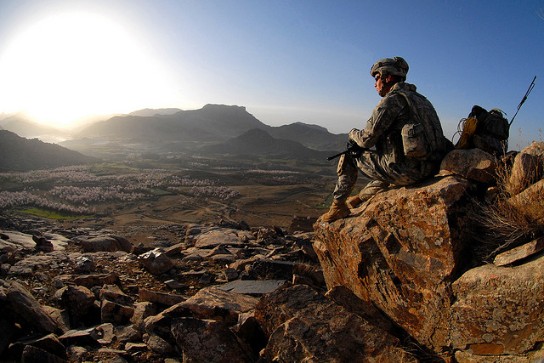The highest point of mongolia marked on the map by a yellow upright triangle nayramadlin orgil at 14 350 ft.
The most rugged landscapes in central asia are found in.
Snowfall from the mountains provides fresh water for agriculture as well as hydroelectric energy.
As marked on the map these are the khentii mountains khangai mountains and the altay mountains.
What description best describes the landscape in central asia.
Merv the most famous of turkmenistan s many ruined medieval silk roadcities.
Ararat which peaks at 16 948 ft.
Introduced islam and built mosques.
Do nomads move from one dwelling to another.
People who move often from place to place.
About 60 percent of the region consists of desert land the principal deserts being the karakum occupying most of turkmenistan and the kyzylkum covering much of western uzbekistan.
Issyk kul an absolutely gorgeous alpine lake and perhaps central asia s most iconic natural wonder.
Along the black sea and mediterranean coastlines the land is lower and quite fertile.
How did the arabs influence central asia in the 700s and 800s.
Nissa ruined parthian fortresses comprising a unesco world heritage sitewithin easy striking distance of ashgabat.
The history of central asia concerns the history of the various peoples that have inhabited central asia.
The rugged landscape of this mountainous land includes the high ranges of the tian shan mountains which can reach elevations as high as 24 400 feet and cover about 80 percent of the country.
Thus few major cities developed in the region.
Turkey s highest point is mt.
What country did the taliban rule.
Central asia s landscape can be divided into the vast grassy steppes of kazakhstan in the north and the aral sea drainage basin in the south.
Many peaks in turkey exceed 10 000 feet and the tallest most rugged ones are found in the eastern taurus mountains.
4 374 m is found in the rugged atlay mountains of the west.
How would you describe the landscape of central asia.
How did the arabs influence central asia inn the 700s and 800s.
What is the main crop grown in central asia.
The lifestyle of such people has been determined primarily by the area s climate and geography the aridity of the region makes agriculture difficult and distance from the sea cut it off from much trade.





























